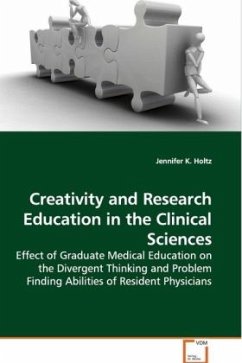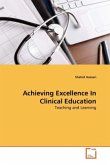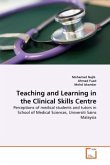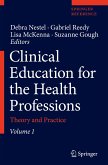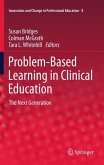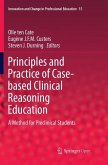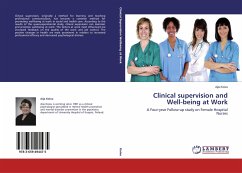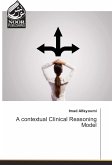Drawing from the fields of cognitive psychology,
adult education and medical education, the research
presented here explores the effects of graduate
medical education on learners' abilities to engage
the cognitive constructs of problem finding and
divergent thinking, aspects of creativity posited to
be necessary for successful research behaviors.
Learning that an individual progressing through the
medical education process may suppress both
divergent thinking and problem finding is of serious
concern in its implication for the development of
physician scientists. Because both innovative and
traditional medical educators acknowledge the need
for physician scientists, suppression of behaviors
conducive to research should be unacceptable to
both.
adult education and medical education, the research
presented here explores the effects of graduate
medical education on learners' abilities to engage
the cognitive constructs of problem finding and
divergent thinking, aspects of creativity posited to
be necessary for successful research behaviors.
Learning that an individual progressing through the
medical education process may suppress both
divergent thinking and problem finding is of serious
concern in its implication for the development of
physician scientists. Because both innovative and
traditional medical educators acknowledge the need
for physician scientists, suppression of behaviors
conducive to research should be unacceptable to
both.

